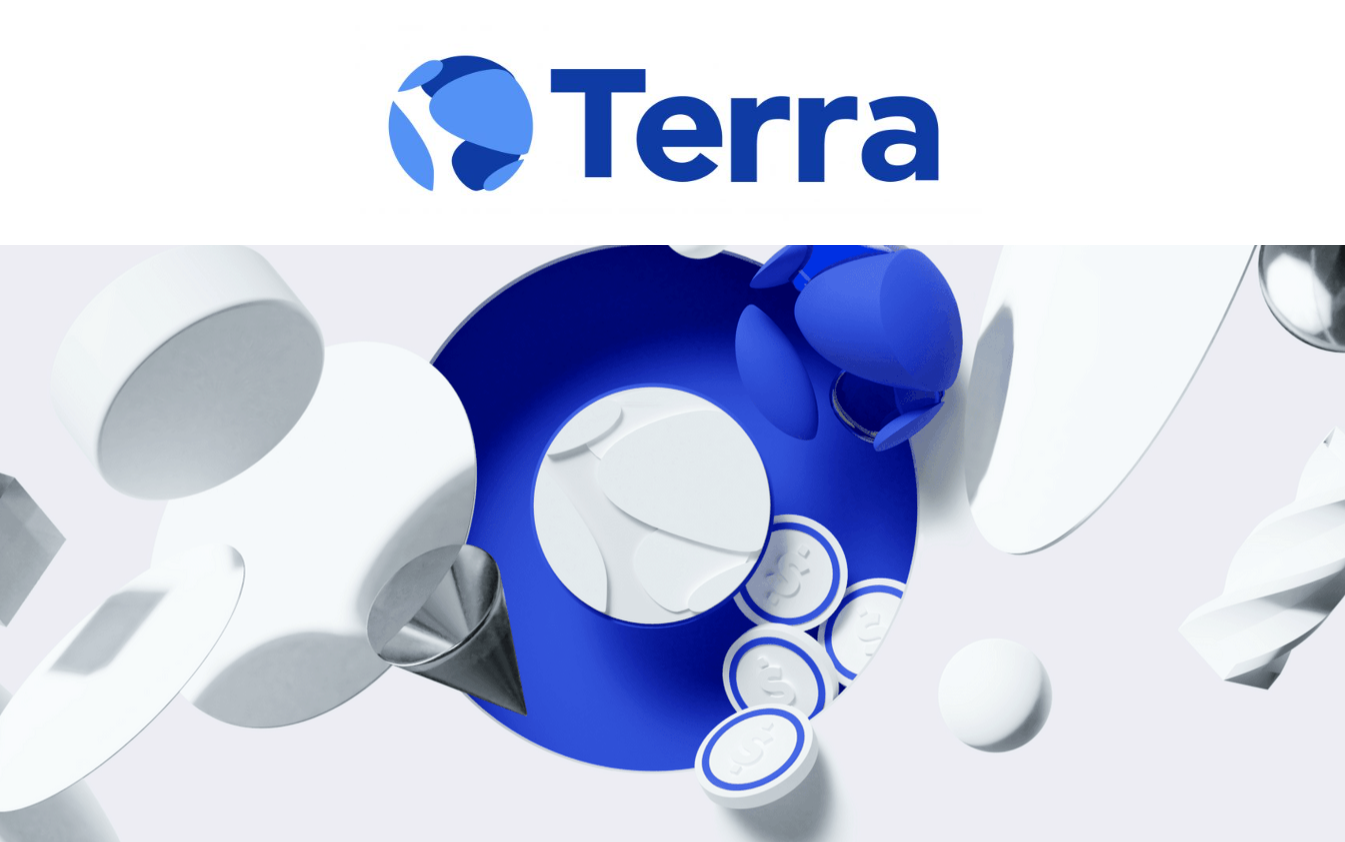US SEC Files A Lawsuit Against Terra Founder Do Kwon For Sale of Unregistered Securities

Nearly nine months since the collapse of the Terra ecosystem in May 2022, The U.S. Securities and Exchange Commission (SEC) has slapped a lawsuit on Terraform Labs and its founder Do Kwon for orchestrating a multi-billion dollar crypto asset securities fraud that involves the TerraUSD (UST) algorithmic stablecoin and other crypto asset securities.
In its complaint filed with a U.S. federal court in Manhattan, the securities regulator noted that the Terra collapse led to "devastating losses for U.S. retail and institutional investors”.
As per the SEC, Do Kwon and his firm Terraform Labs sold crypto assets securities in the form of "unregistered transactions” which were basically “profit seeking instruments” and promised returns of up to 20%.
In May 2022, Terra’s algorithmic stablecoin TerraUSD (UST) lost its peg to the US dollar which led to the massive dumping of the LUNA coins in the open market, supposedly to protect the UST, but ultimately failed. Investors lost north of $40 billion with the Terra collapse last year.
Speaking on the development, SEC Chair Gary Gensler said: "We allege that Terraform and Do Kwon failed to provide the public with full, fair, and truthful disclosure as required for a host of crypto asset securities, most notably for LUNA and Terra USD. We also allege that they committed fraud by repeating false and misleading statements to build trust before causing devastating losses for investors.”
This is the first regulatory action by the US SEC since the collapse of Terraform Labs back in May 2022. Regulators in South Korea have also slapped multiple cases against Do Kwon and are on the lookout for the disgraced Terra founder. Do Kwon is also on an Interpol notice at this point.
Furthermore, the US SEC has accused Kwon of misleading investors “repeatedly” by telling them that a popular electronic mobile payment application in South Korea, called Chai, which used the Terraform blockchain to process transactions between merchants and consumers.
The lawsuit reads: "In reality, Chai payments did not use the blockchain to process and settle payments.Defendants deceptively replicated Chai payments onto the Terraform blockchain in order to make it appear that they were occurring on the Terraform blockchain, when, in fact, Chai payments were made through traditional means.”
Gurbir Grewal, director of the SEC's Division of Enforcement said: "Today's action not only holds the defendants accountable for their roles in Terra's collapse, which devastated both retail and institutional investors and sent shock waves through the crypto markets, but once again highlights that we look to the economic realities of an offering, not the labels put on it”.



